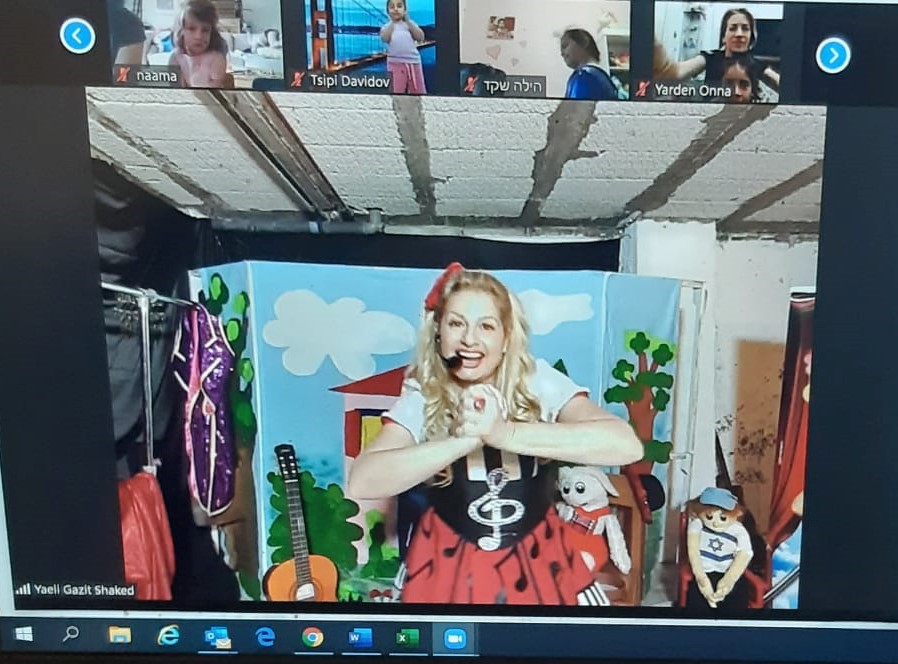The past few months have been a difficult time for the whole world, including here in Jerusalem. The coronavirus pandemic hit the city hard, and tens of thousands of at-risk residents have needed help above and beyond their normal requirements. In response, the Jerusalem Foundation has been at the forefront of providing support to those who are most in need – from the oldest to the youngest, in east Jerusalem and in west Jerusalem.
One population group which has faced unique and specific challenges are children and adults with special needs – and their families. It is estimated that, at the height of the first wave of the pandemic, some 300,000 families of children with special needs were left without assistance in many areas of their lives – without educational frameworks, without medical assistance, and without welfare services.
Kesher, an organization which provides various services and a support network to families of Israelis with special needs, has received thousands of requests for help – many more than in ‘normal’ times. The coronavirus has presented these families with difficulties that they’ve never had to face before.
At a most basic level, for example, the coronavirus has confined Israelis to their homes for weeks at a time. Many children and adults with special needs are particularly at-risk and, even at times when there hasn’t been a full lockdown, have had to largely remain at home. For children and adults without special needs, this is hard enough. But for those with special needs, staying at home takes them out of their daily routines and can have a big impact on the way they cope day-to-day. Many will become particularly affected, and some will even regress.
In response and with our support, Kesher has operated an array of emergency responses, which help the families of those with special needs to cope with the situation. For example, they set up a ‘Virtual Home’, on which they ran online meetings between parents and healthcare professionals, workshops on how to cope with the situation, and fun respite activities for the families of people with special needs.

They also advocated for some of these families’ most crucial needs – from restoring special education, to allowing parents to visit children housed in out-of-home care homes. They also helped to support the struggle for the continued employment of parents of children with special needs – without which, many families would have suffered even more.
Throughout the past few months, Kesher has given direct, personal assistance to hundreds of families, and has provided information to tens of thousands more – on social media, and through ongoing newsletters and online updates.
Our support for Kesher is yet another example of our efforts to support people in Jerusalem with special needs. We were also proud to be able to give support to Shekel, an organization that set up an emergency response hotline – in Hebrew, Arabic and English – staffed by experts in rehabilitation, which provided video support to those in mental distress, as well as giving individual assistance and advice to people with cognitive development challenges.
In total, the Jerusalem Foundation gave over 1.5 million shekels of support, which has helped over 10,000 people get through this challenging period. As the number of cases is again on the rise, we will continue to be there to provide the critical support that those with special needs – and their families – so desperately need.


 - עיצוב אתרים
- עיצוב אתרים